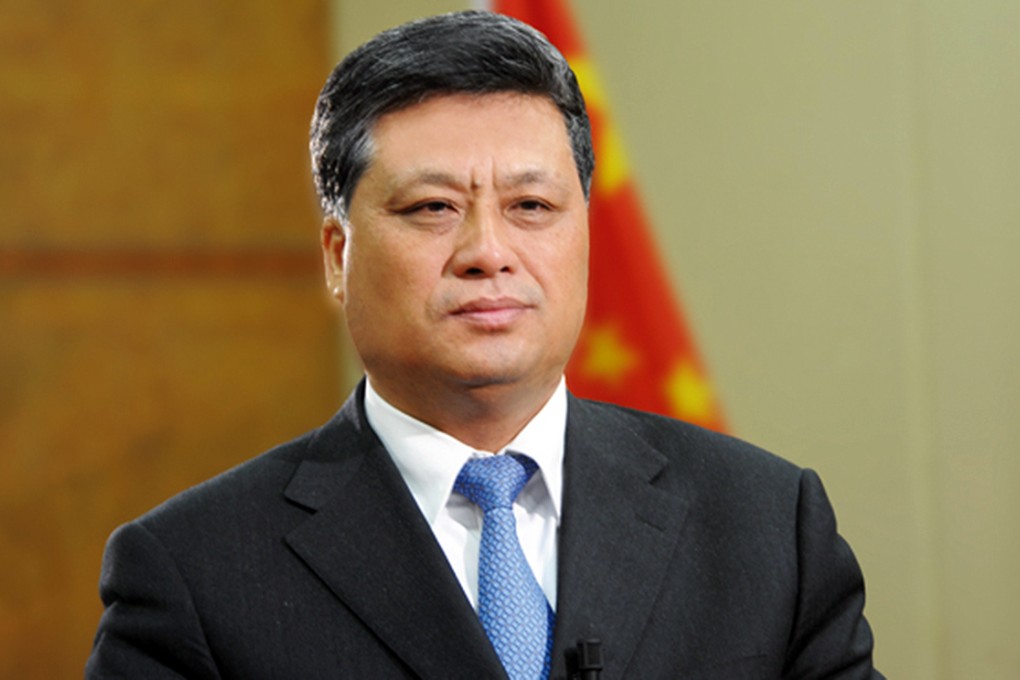China's moon mission chief Ma Xingrui named party chief of high-tech hub Shenzhen
Former chief commander of lunar programme has become party boss of country's high-tech hub

One of the country’s top scientists has been appointed party boss of Shenzhen, a hi-tech hub that hopes to become an innovation leader.
Ma Xingrui took office yesterday afternoon without making any formal comments. He replaces Wang Rong, who was made chairman of the Guangdong Chinese People’s Political Consultative Conference last month, the government-run Shenzhen Special Zone Daily reported on its microblog.
Ma (pictured) has an extensive background in the aerospace industry – he was chief commander of the Chang’e-3 lunar programme – and experts in the city government’s think tanks said he could help Shenzhen accelerate its shift towards an innovation-based economy.
“We are looking forward to Ma energising Shenzhen’s ambition to be the next world-class innovation hub,” said Guo Wanda, vice-president of the Shenzhen-based China Development Institute. “I think Ma’s reputation in academics and aerospace could help attract overseas talent and capital.
“Now that the central government is encouraging mass innovation to counter the economic downturn, without a doubt, Shenzhen will be treated as the pioneer in leading … hi-tech research and development.”
Ma is also deputy provincial party secretary, and oversees Guangdong’s judiciary and law enforcement. He received his doctorate in general mechanics at the Harbin Institute of Technology in 1988 and taught at its aerospace college.
